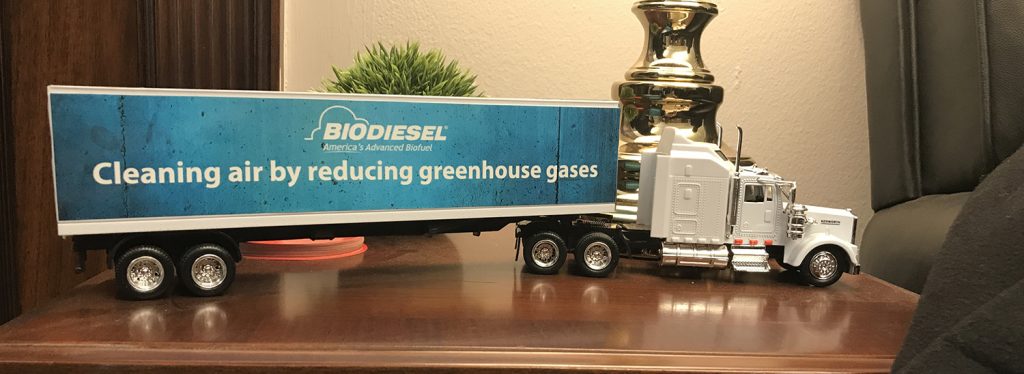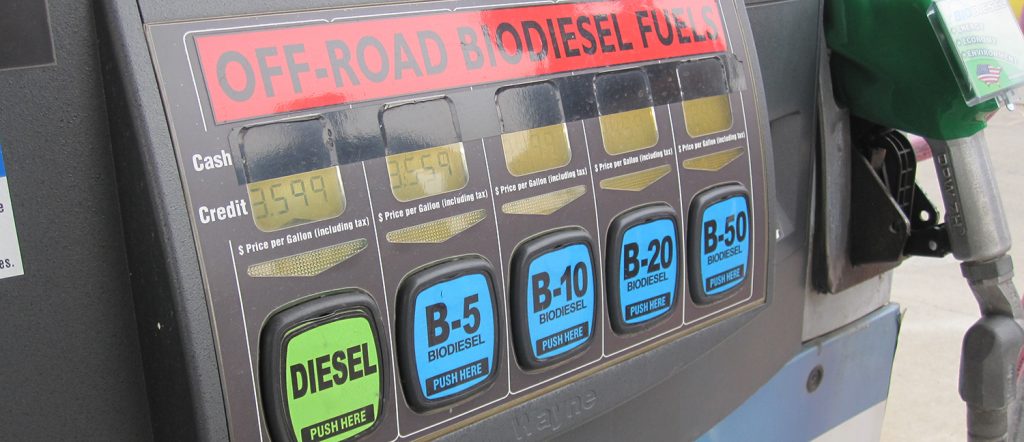Gov. Tim Walz, chair of the National Governors’ Biofuels Coalition, and Lt. Gov. Peggy Flanagan have appointed Minnesota Soybean Growers Association (MSGA) Director Bob Worth to the Governor’s Council on Biofuels.
Walz recently established the Governor’s Council on Biofuels by Executive Order 19-35 to recommend proposals to foster growth in the biofuels industry and reduce greenhouse gas emissions.
“It is my honor to appoint leaders in agriculture from across the state to the Governor’s Council on Biofuels,” Gov. Walz said. “Their leadership will be instrumental in supporting our friends and neighbors in the ag and biofuels industries through what has been an incredibly challenging year. I look forward to the Council’s guidance in our efforts to move Minnesota toward a cleaner, greener transportation sector.”
Worth’s term on the Biofuels Council will expire in April 2023. He joins 14 other farmer leaders and biofuels advocates on the board.
“I’m looking forward to the challenge,” he says. “This Council is positive for biofuels. In my role, I will make sure we are promoting biodiesel as the clean-burning alternative to diesel. I’ll also make sure Gov. Walz is well-informed on the many benefits of biodiesel, and I pledge to make sure biodiesel is part of our future fuel solutions.”

Worth, a Lake Benton farmer, is a longtime MSGA director and former American Soybean Association director. Worth was MSGA president from 2005 to 2007 when B2 (2 percent biodiesel) was instituted.
“It was an exciting time,” Worth, looking back at the early days of biodiesel in Minnesota, told Soybean Business in 2017. “It was really a good team effort. It proves right there that when you have a solid team working for a good cause, positive things do happen.”
Recognized by the EPA as the first advanced biofuel in the industry, biodiesel supports nearly 60,000 jobs nationwide and more than 5,000 jobs in Minnesota alone, and contributes nearly $1.7 billion toward Minnesota’s economy. Biodiesel is also an environmental winner, reducing greenhouse gas emissions by more than 50 percent.







